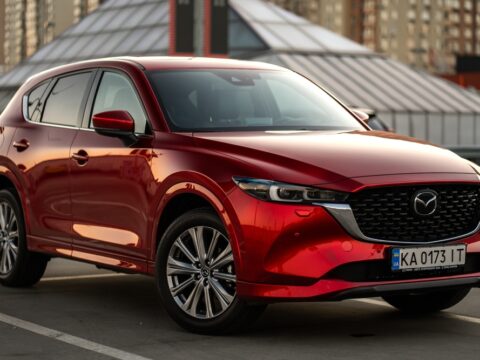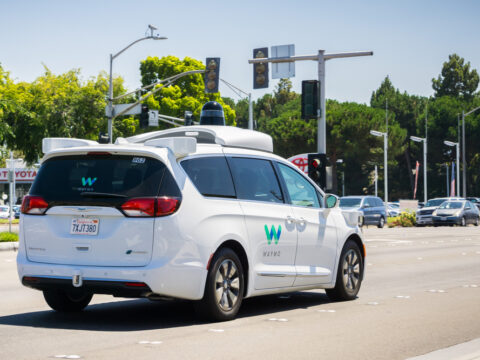In the realm of technological advancements, hybrid technology has emerged as a beacon of innovation, moving well beyond its initial confines of the automotive sector. While most associate “hybrid” with eco-friendly cars that marry gasoline engines and electric batteries, its application spans a spectrum of industries, from aerospace to agriculture. This article delves into the diverse and surprising avenues where this technology is reshaping paradigms, driving efficiency, and championing sustainability.
Contents
Marine Vessels

Hybrid technology has been making waves in the marine industry, offering a more sustainable option for powering boats and ships. Combining electric batteries and conventional engines, hybrid marine vessels can significantly reduce emissions and fuel consumption. This technology is vital in decreasing the carbon footprint of maritime transport, which traditionally relies heavily on diesel engines that contribute to pollution.
Rail Transport

Rail networks are adopting hybrid technology to minimize environmental impact and improve energy efficiency. Hybrid trains employ a combination of diesel engines and electric batteries, allowing them to recapture energy during braking and use it for acceleration or to power onboard systems. This reduces fuel usage and lowers greenhouse gas emissions, promoting greener, more sustainable rail transport.
Aerospace

The aerospace industry is exploring the potential of hybrid-electric propulsion systems to reduce the carbon footprint of air travel. By integrating electric motors with traditional jet engines, aircraft can achieve more fuel-efficient operations, especially during takeoff and landing. This development could revolutionize the aerospace sector, paving the way for cleaner and quieter air transport.
Construction Equipment
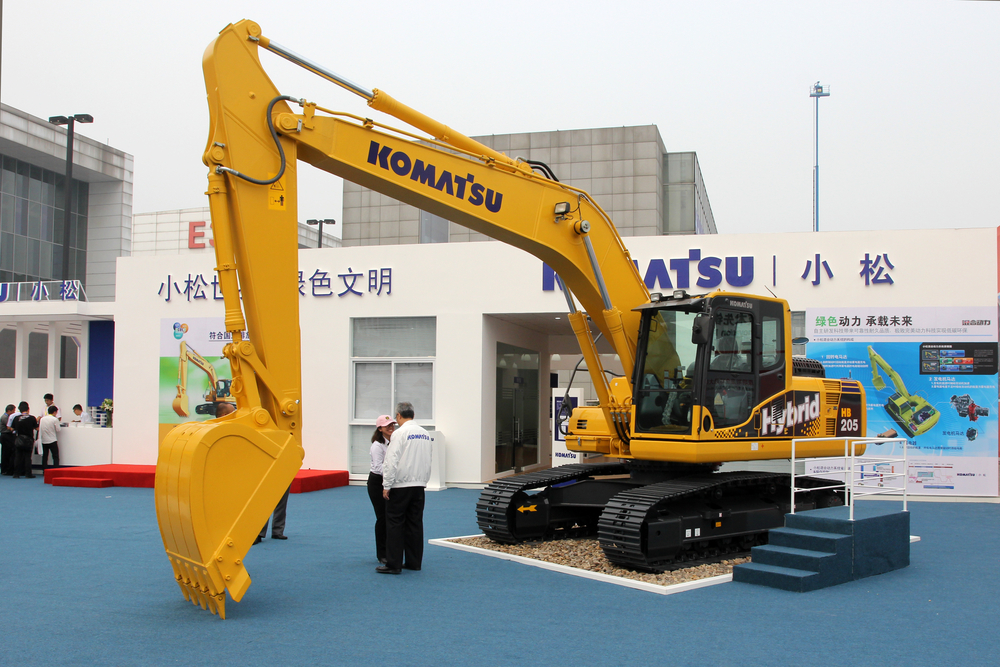
In the construction sector, hybrid technology is being integrated into heavy machinery and equipment. These hybrid construction vehicles combine traditional combustion engines with electric motors, allowing for more energy-efficient operation and reduced emissions. This transition is helping the construction industry to be more environmentally friendly, reducing its carbon footprint substantially.
Uninterrupted Power Supplies (UPS)

Hybrid technology finds a critical application in UPS systems, combining battery power with fuel cells or generators. This setup ensures a steady power supply during outages, with the batteries offering immediate backup and the fuel cells or generators providing long-term power. It enhances the reliability and efficiency of UPS systems, making them indispensable in data centers, hospitals, and other critical facilities.
Renewable Energy Storage

Hybrid technology is crucial in integrating renewable energy sources into the grid. It facilitates the combination of battery storage with renewable energy systems, allowing for the storage of excess energy produced during peak production periods. This stored energy can then be used when the production of renewable energy is low, ensuring a steady, reliable supply of green energy.
Bicycles
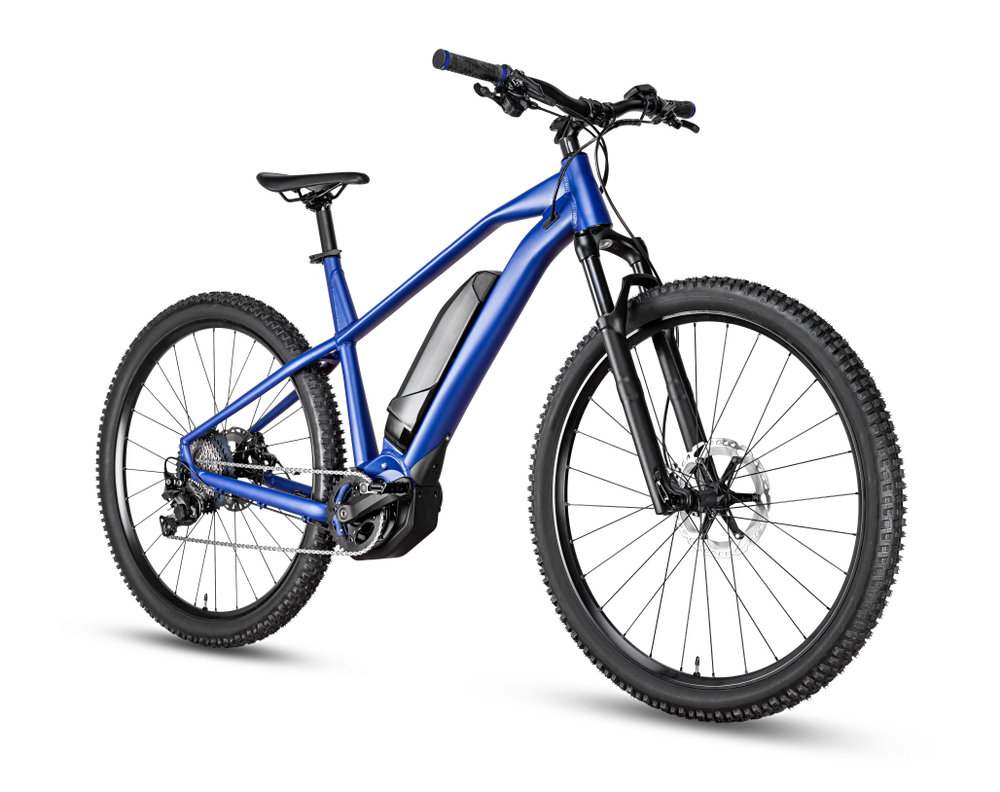
Hybrid electric bicycles combine human power with electric propulsion, offering a more comfortable and energy-efficient mode of transportation. These bicycles feature batteries and electric motors that assist the rider, making it easier to tackle hills and cover longer distances. It promotes green transportation and encourages people to adopt cycling as a commute mode, reducing traffic congestion and lowering carbon emissions.
Waste Management
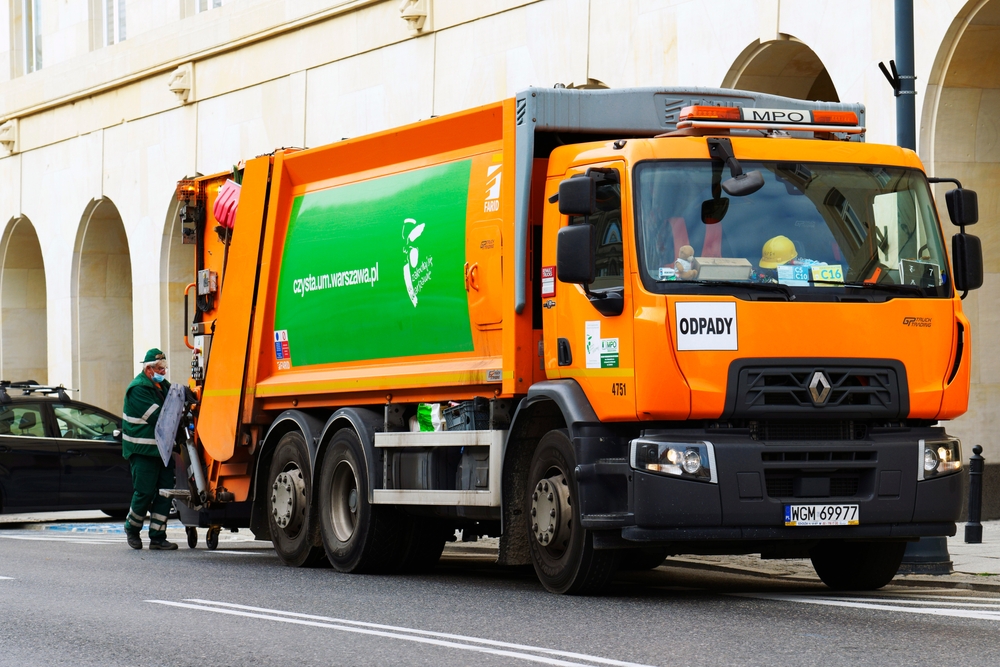
In waste management, hybrid technology is employed in garbage trucks, which use a combination of diesel engines and electric motors. This technology helps reduce the fuel consumption and emissions of these vehicles, which have traditionally been significant polluters due to their frequent starts and stops. It represents a step towards more sustainable waste management practices.
Military Applications

The military is exploring using hybrid technology in its vehicles and equipment to enhance fuel efficiency and reduce reliance on fossil fuels. Hybrid electric drives in naval ships and tanks allow for quieter operation, which can be a tactical advantage. Moreover, it helps reduce the logistical challenges associated with fuel supply lines, enhancing the sustainability and effectiveness of military operations.
Agriculture

The agricultural sector is also witnessing the introduction of hybrid technology in farm machinery and equipment. Hybrid tractors and harvesters utilize a combination of diesel engines and electric motors, improving fuel efficiency and reducing emissions. This adoption of hybrid technology is helping to modernize the agriculture sector, making it more sustainable and environmentally friendly.
This article originally appeared on MyCarMakesNoise.
More from MyCarMakesNoise
22 of the Coolest Cars You’ve Probably Never Heard of

From vintage stunners, futuristic oddballs, and sexy speed demons, here are the coolest cars you’ve never heard of. Read More.
The Coolest Tri-Wheelers on the Road

When it comes to unique rides, three-wheel cars occupy a distinctive place in the automotive world. Blending the adrenaline-fueled thrill of motorcycles with the relative comfort and stability of cars, trikes offer a driving experience like no other. Read More.
Understanding Why Some Used Cars Outprice New Ones

Whether due to their iconic status, limited production numbers, or exceptional performance capabilities, these cars continue to defy the norm, proving that sometimes, older can mean more expensive. Read More.

